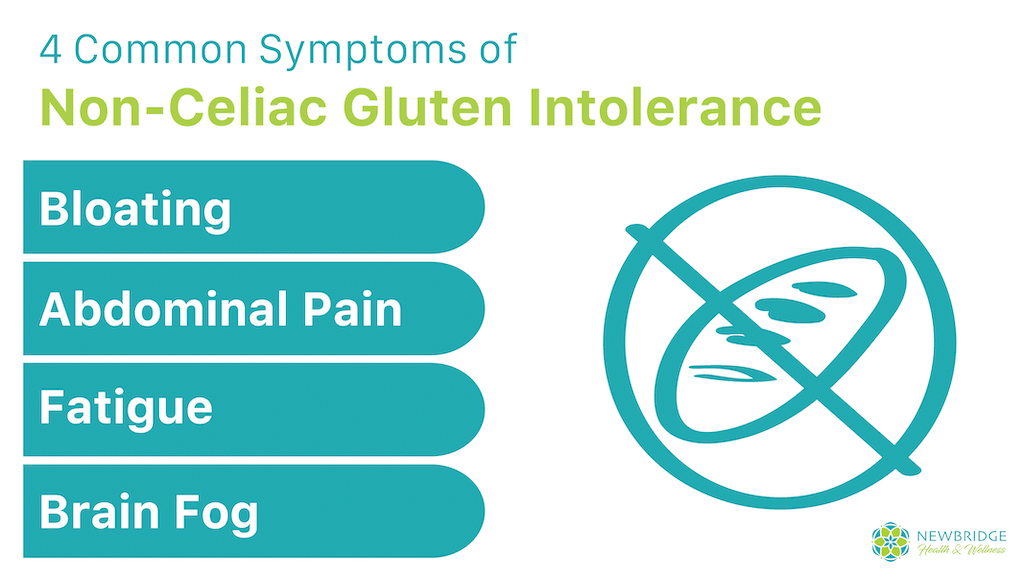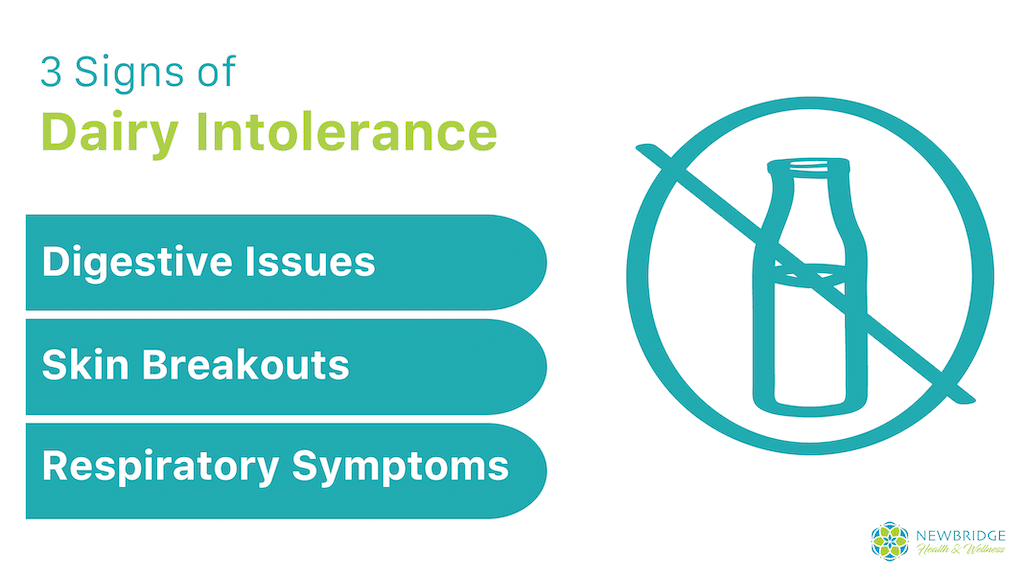In recent years, there has been a significant rise in people adopting gluten-free and dairy-free diets. While some individuals have genuine allergies or intolerances to these substances, many others have committed to this lifestyle due to other health concerns. The debate surrounding the health effects of gluten and dairy is a complex one, but there is mounting evidence suggesting that these common dietary components – which we’ve typically seen as healthy staples for our diets – may not be as innocuous as once believed. In this blog post, we will delve into the potential negative impacts of gluten and dairy consumption on our health and well-being.
Not feeling great and suspect your diet is a problem? Schedule a functional medicine consultation to discuss your symptoms and whether eliminating gluten and dairy may help improve your health.
Gluten: The Unwanted Guest
Gluten is a protein found in wheat, barley, and rye. For individuals with celiac disease, consuming gluten triggers an autoimmune response that damages the lining of the small intestine. However, a growing body of research suggests that even in the absence of celiac disease, gluten may still have adverse effects on certain individuals.

Non-Celiac Gluten Sensitivity (NCGS)
Many people experience symptoms like bloating, abdominal pain, fatigue, and brain fog after consuming gluten-containing foods, despite testing negative for celiac disease. NCGS is a term used to describe this condition, which affects an estimated 0.5-13% of the population. While the exact mechanisms are not fully understood, it is believed that immune-mediated and non-immune-mediated reactions to gluten components may play a role.
Inflammation and Gut Health
Gluten has been linked to increased intestinal permeability, often referred to as “leaky gut.” This condition allows toxins and undigested food particles to enter the bloodstream due to a damaged gut lining that allows them out, potentially triggering chronic inflammation and autoimmune responses. Inflammation in the gut can disrupt the balance of beneficial gut bacteria, which are essential for digestion and overall health.
Dairy: The Complex Culprit
Dairy products have long been hailed as a rich source of calcium and other essential nutrients. However, dairy consumption also comes with potential drawbacks for our health and there are a number of contributing factors in this equation, such as:

Lactose Intolerance
Lactose, the sugar found in milk and dairy products, requires an enzyme called lactase for digestion. Insufficient levels of lactase affects up to 70% of all humans worldwide, leading to lactose intolerance. Symptoms can include bloating, diarrhea, and abdominal discomfort. For these individuals, consuming dairy can be quite unpleasant and may necessitate avoiding dairy products altogether.
Insulin-like Growth Factor 1 (IGF-1)
Dairy products, particularly cow’s milk, naturally contain IGF-1, a hormone that promotes cell growth and is essential for infant development. However, excessive levels of IGF-1 in adulthood have been associated with an increased risk of certain cancers, including breast, prostate, and colorectal cancer. Although more research is needed to establish a definitive link, it highlights the potential concerns of consuming dairy on a regular basis.
Casein and Whey Proteins
Casein and whey are two primary proteins found in dairy. Some individuals may experience sensitivity or intolerance to these proteins, leading to symptoms such as digestive issues, skin problems, and respiratory difficulties. The specific mechanisms behind these reactions are still being explored, but they can significantly impact the quality of life for those affected.
Molecular Mimicry: Confusion in the Body
Research suggests that reactivity to proteins in both dairy and wheat likely plays out through a mechanism known as molecular mimicry, which refers to a phenomenon where certain proteins share similar structures to proteins found in our own bodies. This similarity can lead to confusion within the immune system, potentially triggering autoimmune reactions. Molecular mimicry has been linked to certain diseases, such as:
Type 1 Diabetes
Research suggests that exposure to cow’s milk proteins early in life could contribute to the development of type 1 diabetes in genetically susceptible individuals. The proteins in cow’s milk, particularly bovine serum albumin (BSA) and bovine insulin, share similarities with human proteins involved in insulin production. When the immune system mounts an immune response against the dairy proteins, it may inadvertently attack the insulin-producing cells in the pancreas, leading to diabetes.
Multiple Sclerosis (MS)
MS is an autoimmune disease characterized by the immune system mistakenly attacking the protective covering of nerve fibers in the central nervous system. There is evidence that suggests a potential association between dairy consumption and an increased risk of developing MS or exacerbating symptoms in individuals already diagnosed with the condition. The protein component of cow’s milk, myelin basic protein (MBP), bears structural similarities to human myelin proteins. Consuming dairy products containing MBP may trigger an immune response, leading to inflammation and damage to the myelin sheath.
Rheumatoid Arthritis (RA)
While gluten itself may not directly cause molecular mimicry, there is ongoing research exploring potential molecular mimicry mechanisms involving other components found in grains. For example, one study suggests that certain non-gluten proteins in wheat known as amylase trypsin inhibitors (ATIs) may exacerbate symptoms of autoimmune conditions like RA.
In the context of autoimmune diseases it is important to note that the research on molecular mimicry is still evolving, and more research is needed to establish definitive causation. Nonetheless, the science offers valuable insights into the potential health risks associated with dairy, wheat, and gluten consumption, particularly in susceptible individuals.
While gluten and dairy have been staple components of our diets for centuries, emerging evidence suggests that they may not be as harmless as previously believed. For individuals with celiac disease, gluten intolerance, lactose intolerance, or dairy protein sensitivities, avoiding gluten and dairy is necessary to maintain good health and well-being. Moreover, the molecular mimicry concept raises concerns about the potential for autoimmune reactions triggered by the consumption of certain proteins.
If you suspect that gluten or dairy may be negatively impacting your health, it is essential to consult with a healthcare professional to determine the underlying cause. Exploring Dietary Alternatives? Newbridge Health & Wellness can help! Schedule a Functional Medicine Consultation today. Our functional medicine approach can play a crucial role in the process.


